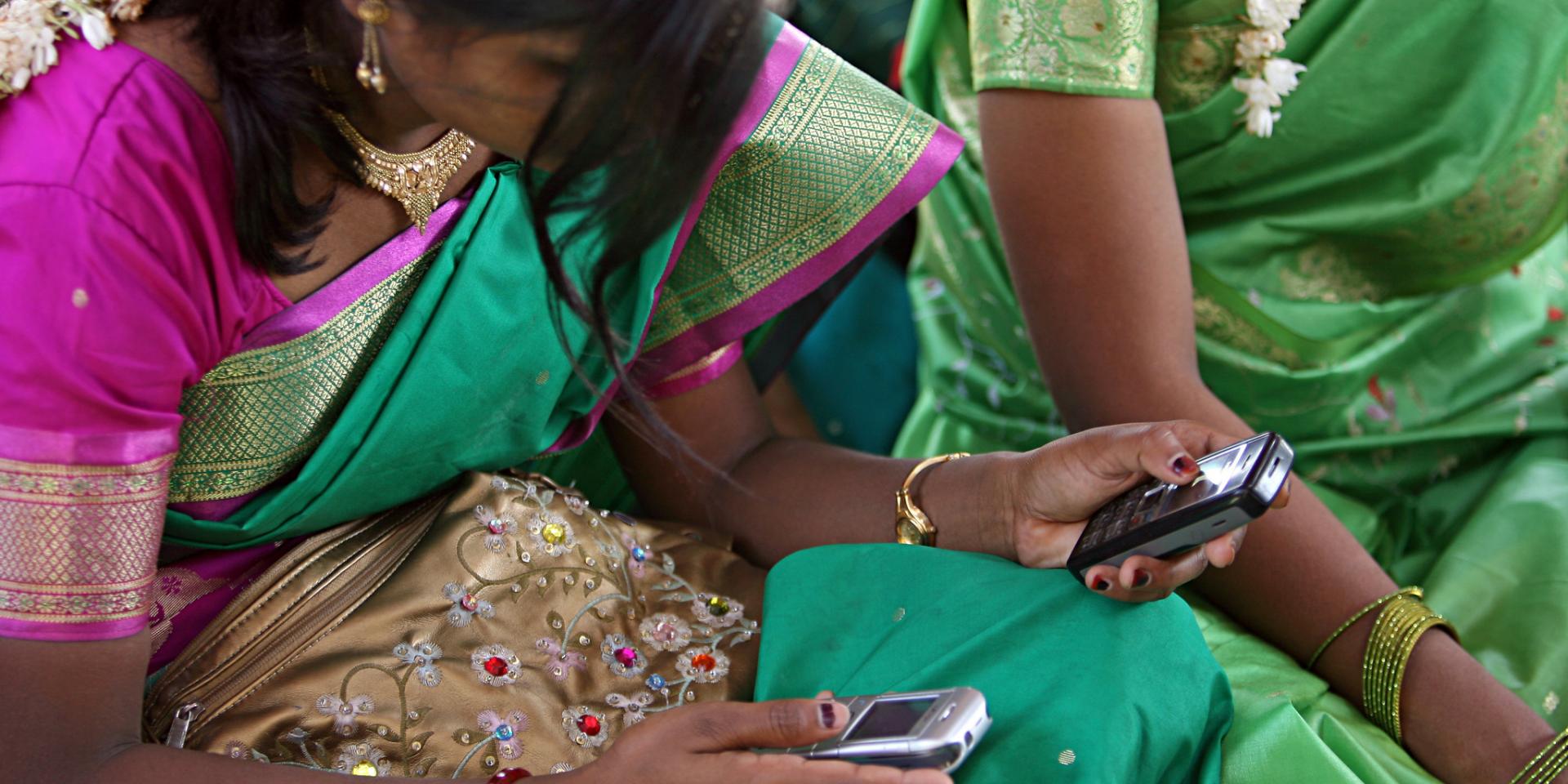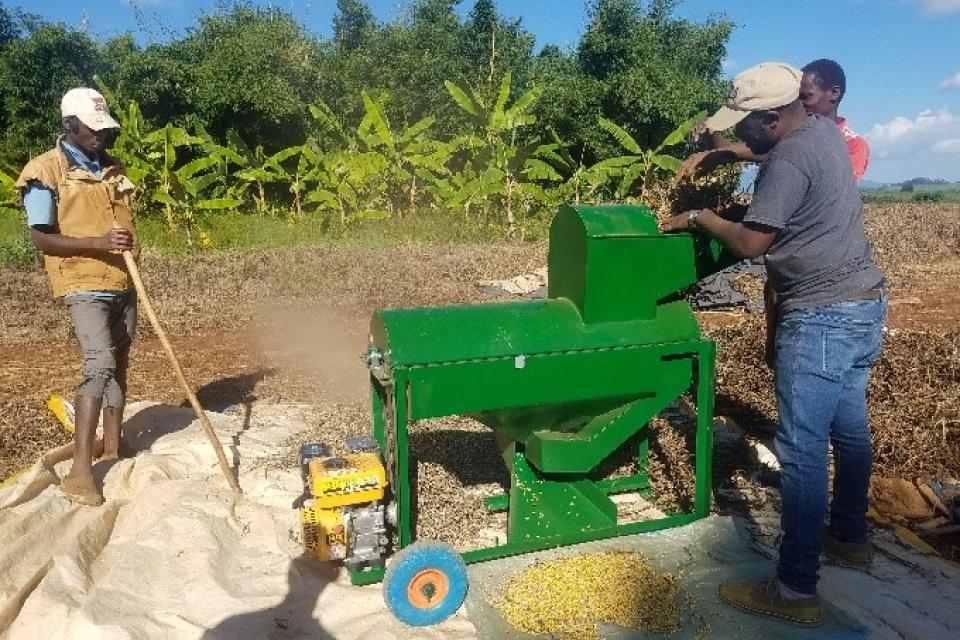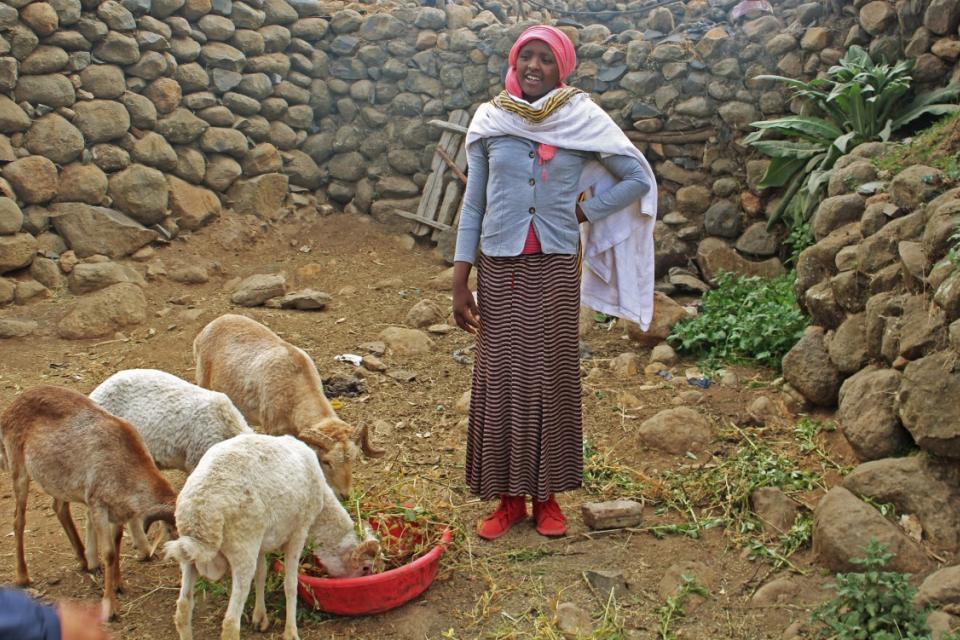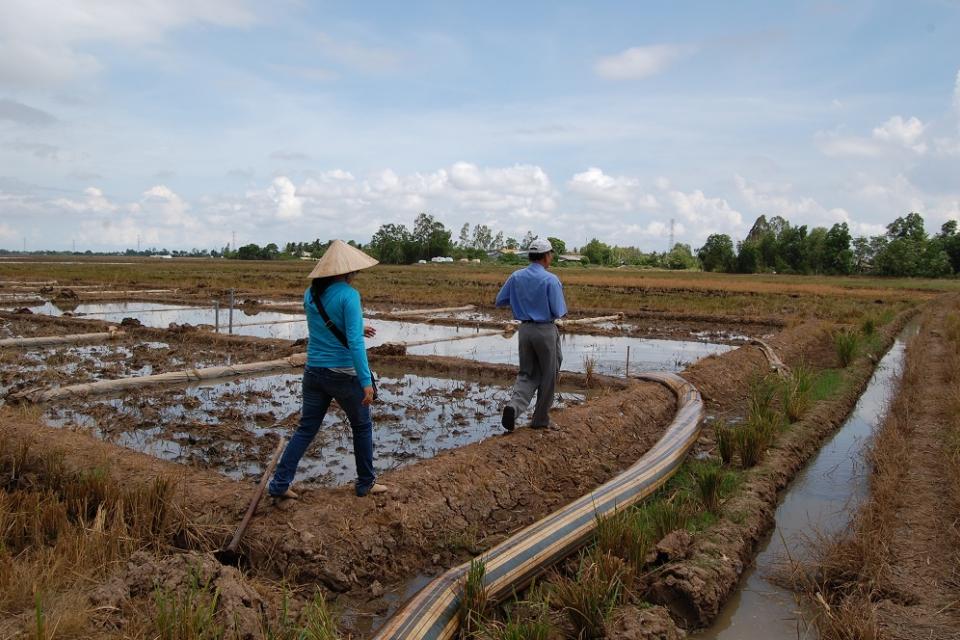Green skills for sustainable development: Is our youth ready?
 Photo: Simone D. McCourtie/World Bank.
Photo: Simone D. McCourtie/World Bank.
Currently, there are 1.2 billion young people aged 15 to 24 years, accounting for 16 per cent of the global population. By 2030 – the target date for the Sustainable Development Goals (SDGs) that make up the 2030 Agenda – the number of youth is projected to have grown by 7 per cent, to nearly 1.3 billion. Youth can be a positive force for development when provided with the knowledge and opportunities they need to thrive. Therefore, efforts are needed to make youth a productive workforce who can contribute towards making the world a better place for all.
On August 12 every year the United Nations (UN) celebrates International Youth Day to recognize efforts of the world’s youth in enhancing sustainable living. It also aims to promote all the many ways to engage them in becoming more actively involved in making positive contributions to their communities. Each year, a well-thought-out demand-driven theme is announced, well in advance, to celebrate the day with a commitment to make a difference through youths. This year’s theme is Green Skills for Youth: Towards a Sustainable World. If we look around, we see the world is slowly transitioning to a greener world – an environmentally sustainable and climate-friendly world. A successful transition towards a greener world will depend on the development of green skills in the population. While green skills are relevant for people of all ages, they have greater importance for younger people as they can contribute to the green transition for a longer period. Youths play a crucial role in shaping the future, and their preparedness to embrace green skills is vital for creating a sustainable world.
What are green skills?
Green skills are ‘knowledge, abilities, values and attitudes needed to live in, develop and support a sustainable and resource-efficient society.’ These include technical knowledge and skills that enable effective use of green technologies and processes in occupational settings, as well as transversal skills that draw on a range of knowledge, values and attitudes to facilitate environmentally sustainable decisions in work and in life. Green skills in the agricultural sector focus on sustainable farming practices, organic agriculture, permaculture, agroforestry, and efficient resource management, etc. Professionals with these skills help promote sustainable food production, biodiversity conservation, and responsible land use. Also, green skills enable communities and industries to adapt to the challenges posed by climate change and other environmental threats, enhancing their resilience and long-term viability.


